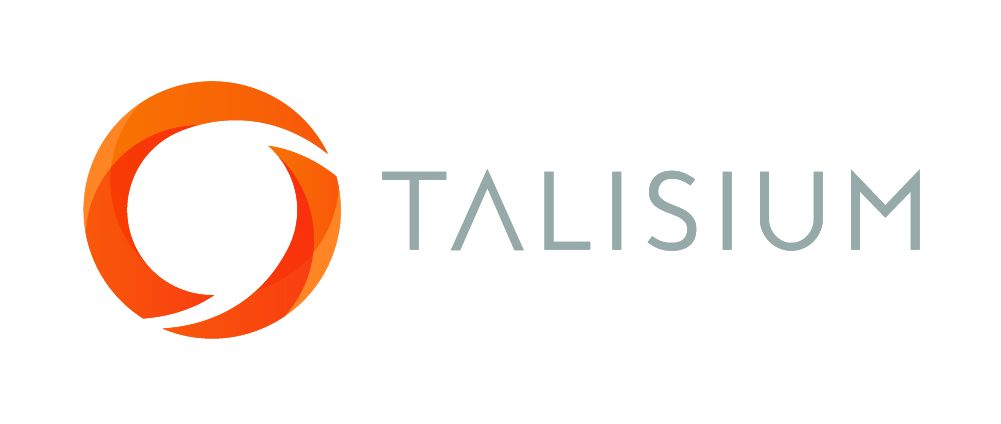Tuberculosis
Royal College of Physicians

We've got the answers!
Why should I take this course?
This micro skills course from the Royal College of Physicians covers the aetiology, natural history, clinical presentation, investigation and management of tuberculosis infection in HIV.
Are the programs accredited for continuous professional development (CPD) or continuing medical education (CME)?
Our courses have been developed and are delivered by Talisium's global network of content providers including universities and various professional bodies whose work underpins CPD for healthcare professionals.
Certificates of completion will be available and can be downloaded once a course has been completed. These can be used as evidence of learning for training and CPD purposes. You will need to check with your governing body about CPD standards and requirements.
Unless otherwise stated, certificates issued through Talisium are not qualifications of any formal assessment.
Do I need any prior qualifications or experience?
Our courses and programs have been designed to meet the needs of a broad range of trainees and qualified healthcare professionals. For most courses, we do not ask that you hold certain qualifications or meet certain criteria.
Some courses are aligned to specialist medical curricula so there is a certain level of medical knowledge required in these cases. On the whole, however, the courses and programs are accessible to a broad audience of learners.
Validate your learning
Each participant receives a certificate upon course completion.
What you can expect
A 30 minute eLearning course containing interactive content and activities.
This course is ideal for
All health professionals.
Overview




